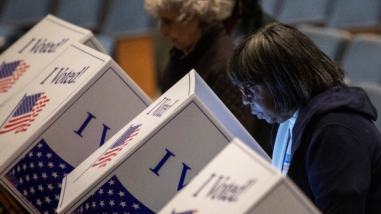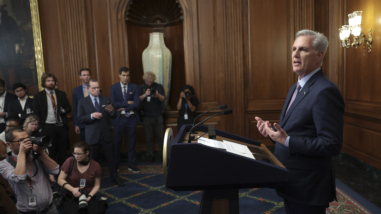Massachusetts Institute of Technology
For Research And Recommendations On Election Administration Practices
-
Amount$27,697
-
Program
-
Date Awarded11/12/2013
-
Term12 Months
-
Type of SupportProject
About the Grantee
Grantee Website
www.mit.edu



